Social belonging is for children an essential element in their identity construction. In the digital age, it is no longer just around the bicycle rack that this is happening, but also on various social media platforms.
The online world is a space for learning, digital literacy, downtime and a way to connect with others. TikTok, Snapchat, Instagram, Facebook and their close cousins are positive platforms if used wisely. Just as we teach children to wear a helmet on a bicycle, to respect the highway code and its other users, good digital safety practices must be learned from an early age.
Here are some avenues for discussion to have openly with children to make them aware of surfing the web, creating and sharing content in complete safety, in a caring and positive environment!
Be nice!
Cyber bullying is no! Don’t say, comment, or share anything that could be negative and hurtful to a fellow student that you wouldn’t like to be a victim of. Unlike in-person bullying, cyber bullying has no limits. A child can be a victim of it all the time, anywhere and anytime: when they get home from school, in their room and even during family vacations.
If an insult in the schoolyard hurts, an online insult wreaks even more havoc with the near-endless reach it can have. The psycho-social impact for a child victim of cyber bullying is serious: loss of confidence, psychological disorders, anxiety, depression and even suicidal thoughts. If someone embarrasses you on social media, humiliates or threatens you (or if you witness it), it’s important to talk to a trusted adult quickly.
Showing empathy and kindness on the web: the right attitude to adopt!
Think before posting!
Reputation is the opinion people form of you based on your daily behavior. Cyber reputation is the equivalent, but online. All the content you share on social networks as well as that which others share about you leaves traces and can travel at high speed! Before posting photos, videos and comments, think twice rather than once! Would you be comfortable with your teacher seeing you dressed this way in your video? Would you be proud that your parents read your comment? If the answer is no, it is definitely best to abstain!
Private photos
Your body is personal. Under no circumstances should you share intimate photos of yourself, not even with a trusted friend. It’s easy to save photos or take a screenshot. Then who knows where these photos will go and who will see them? If someone insists that you send them intimate photos, it’s important to immediately stop the conversation, block the individual on social media, and immediately report them to a trusted adult.
Life in pink
Are you still in a good mood? Are your days always extraordinary? Do you still look fabulous? No? It’s the same for everyone! Social networks are often used to share our best photos and best shots. It’s easy to compare yourself, to feel pressured, and even to be depressed. Always keep in mind that everyone – even top influencers – has dreary days, worries and hassles … even if it isn’t visible on social media!
Confidentiality : The real challenge of TikTok
TikTok is the platform of the hour for young people, where they take pleasure in participating in challenges. These trendy challenges invite them to faithfully reproduce a short video (often a choreography) on a precise soundtrack. The reward for the effort invested in imitating the clip is the feeling of social connection with the community of tiktokers participating in the same challenge.
The major downside of TikTok remains the lack of confidentiality. This app, where young people dance and swing their hips, is a dream playground for sexual predators and other malicious people.
Here are some options for securing a child’s account :
- Disable downloading of videos posted by the child;
- Disable the option that allows anyone to find the child’s profile in the search bar;
- Disable public comments and only allow certain trusted subscribers;
- Disable access to private messaging for people who have not subscribed;
- Make the profile private, rather than public.
The law is the law!
The virtual world is not exempt from the law. What happens online is subject to legal consequences just as in real life. Teaching this to the future generation is a giant step towards a safe and responsible Internet, both in terms of prevention and denunciation.
Here are a few legal concepts that can help:
- A minor can be held criminally responsible from the age of 12. Even online!
- A person under the age of 18 who takes a picture of themselves can be charged with producing child pornography.
- A minor that shares an intimate photo can be charged with distribution of child pornography.
- A minor who possesses intimate photos can be charged with possession of child pornography.
- Someone who asks for an intimate picture and makes threats can be charged with extortion.
Don’t forget about real life
Real life is even more fun than virtual life! Take the time to disconnect, play with your friends and live in the moment!

